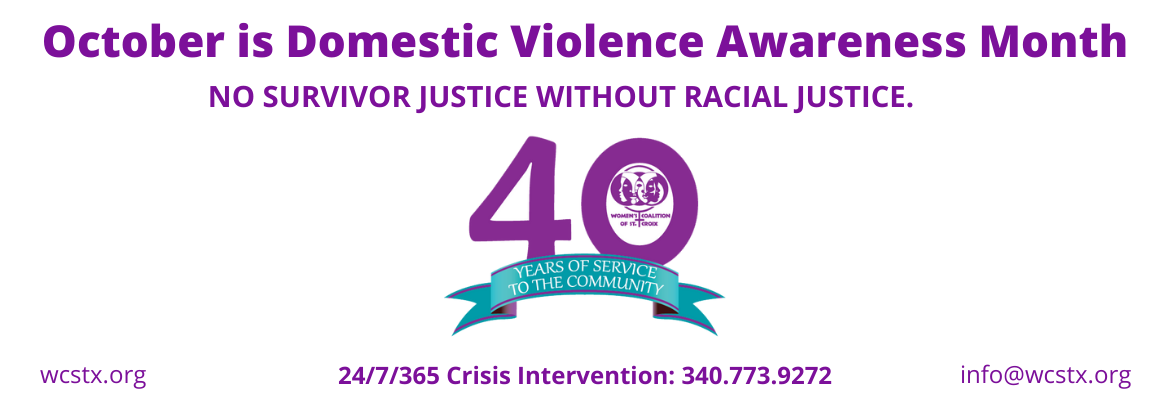St. Thomas immediately after Hurricane Irma in 2017. Photo Credit: REEMY-REEMZ PHOTOGRAPHY
The Federal Emergency Management Agency is at a critical juncture as the Trump administration, through the Department of Homeland Security (DHS) and the Department of Government Efficiency (DOGE), pursues significant changes to its structure, funding, and operations.

Major changes at FEMA could have far-reaching consequences for the U.S. Virgin Islands, a territory to which the agency has allocated $22.5 billion, according to Governor Albert Bryan Jr. Nearly all of the territory’s future progress is tied to disaster recovery projects that are already underway or scheduled to launch in the coming months and years.
As of today, the agency is grappling with leadership proposals to reduce or eliminate its role, substantial funding freezes, workforce reductions, and operational setbacks, all while facing bipartisan efforts to preserve its mission.
On March 27 DHS Secretary Kristi Noem, alongside other Trump administration officials, voiced support for a dramatic reduction in FEMA’s responsibilities, specifically targeting its disaster recovery functions with a potential end date of October 1, 2025. This followed Noem’s statement at a Cabinet meeting on March 24, where she declared, “We’re going to eliminate FEMA.” She later clarified that the intent was to shrink the agency’s scope rather than fully dismantle it, but such a move would require congressional approval, which has not yet been obtained. The proposal reflects a broader administration push to reconfigure federal disaster response, though its feasibility remains uncertain.
FEMA has halted nearly $10 billion in disaster assistance as of March 28, following a review of 56 programs to align with Trump’s immigration enforcement priorities. The decision traces back to a claim by DOGE head Elon Musk, who alleged that FEMA misallocated $59 million to support undocumented immigrants in New York City—a contention disputed by some. Regardless, the claim prompted a freeze on payments, affecting nonprofits, hospitals, and state grants nationwide. In Minnesota, 24 federal grants, including FEMA funds, remain either paused or terminated, leaving critical recovery efforts in limbo as the agency reassesses its financial commitments.
Staffing at FEMA is undergoing a significant reduction. By March 22, over 200 probationary employees were terminated, and a new policy now mandates that most term employees—typically on 2-to-4-year contracts—secure direct approval from Secretary Noem for contract renewals. This requirement effectively sets the stage for further cuts. In early March, Acting Administrator Cameron Hamilton submitted a workforce reduction plan to Noem, aimed at consolidating functions and shifting more disaster management responsibilities to state governments. These measures are part of an effort to streamline FEMA’s operations, though they have raised concerns about the agency’s capacity to respond effectively.
The agency is currently experiencing significant operational difficulties. Disaster assistance beyond direct individual aid, such as grant reimbursements and support to states and nonprofits, has largely stalled. In Florida, nonprofits assisting hurricane survivors report that FEMA payments have ceased, while communities in Michigan affected by flooding are still awaiting funds for rebuilding. Hiring has also been frozen, exacerbating the strain as the agency prepares for spring tornadoes and the approaching hurricane season, now just two months away. Disaster declaration data indicates 90 major events in 2024, underscoring FEMA’s vital role in addressing the rising frequency of climate-related crises.
In response to the administration’s plans, Representatives Jared Moskowitz (D) and Byron Donalds (R) of Florida introduced the FEMA Independence Act on March 24. The legislation seeks to remove FEMA from DHS oversight and establish it as an independent, Cabinet-level agency, with the goal of reducing bureaucratic delays and enhancing efficiency. This bipartisan proposal stands in direct contrast to the administration’s push to diminish FEMA’s role, but its progress remains uncertain with hurricane season looming and little time for legislative action.

The funding freeze has triggered significant backlash. On March 6, a federal judge in Minnesota issued an injunction to compel the release of withheld funds, though the administration has maintained its stance, keeping the money on hold. Public discontent is mounting, with protests emerging and congressional hearings scheduled to address FEMA’s challenges.










